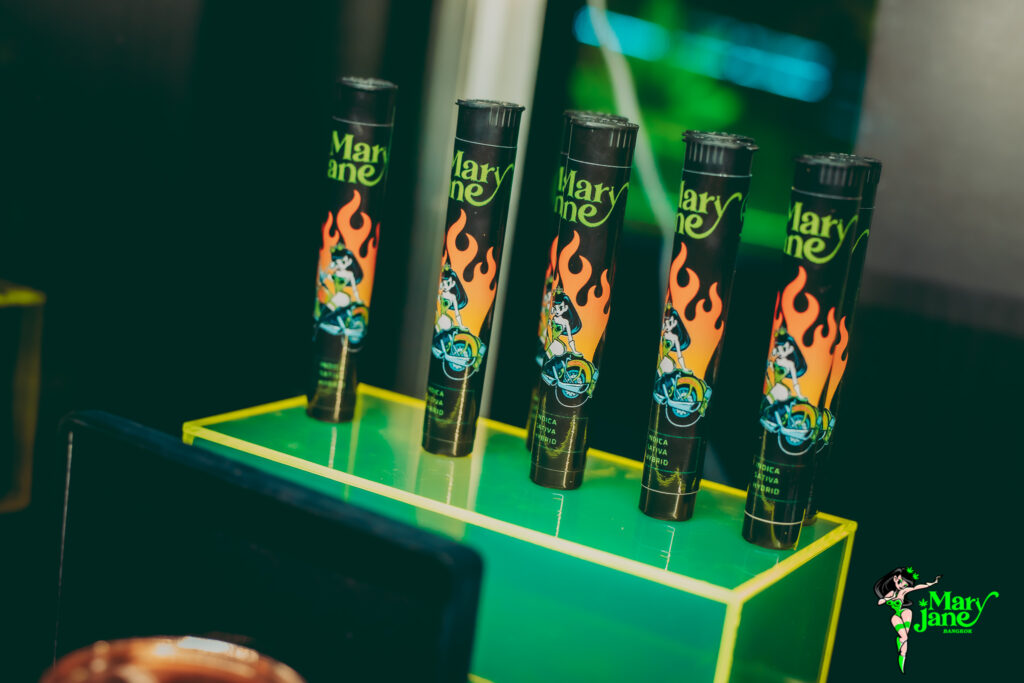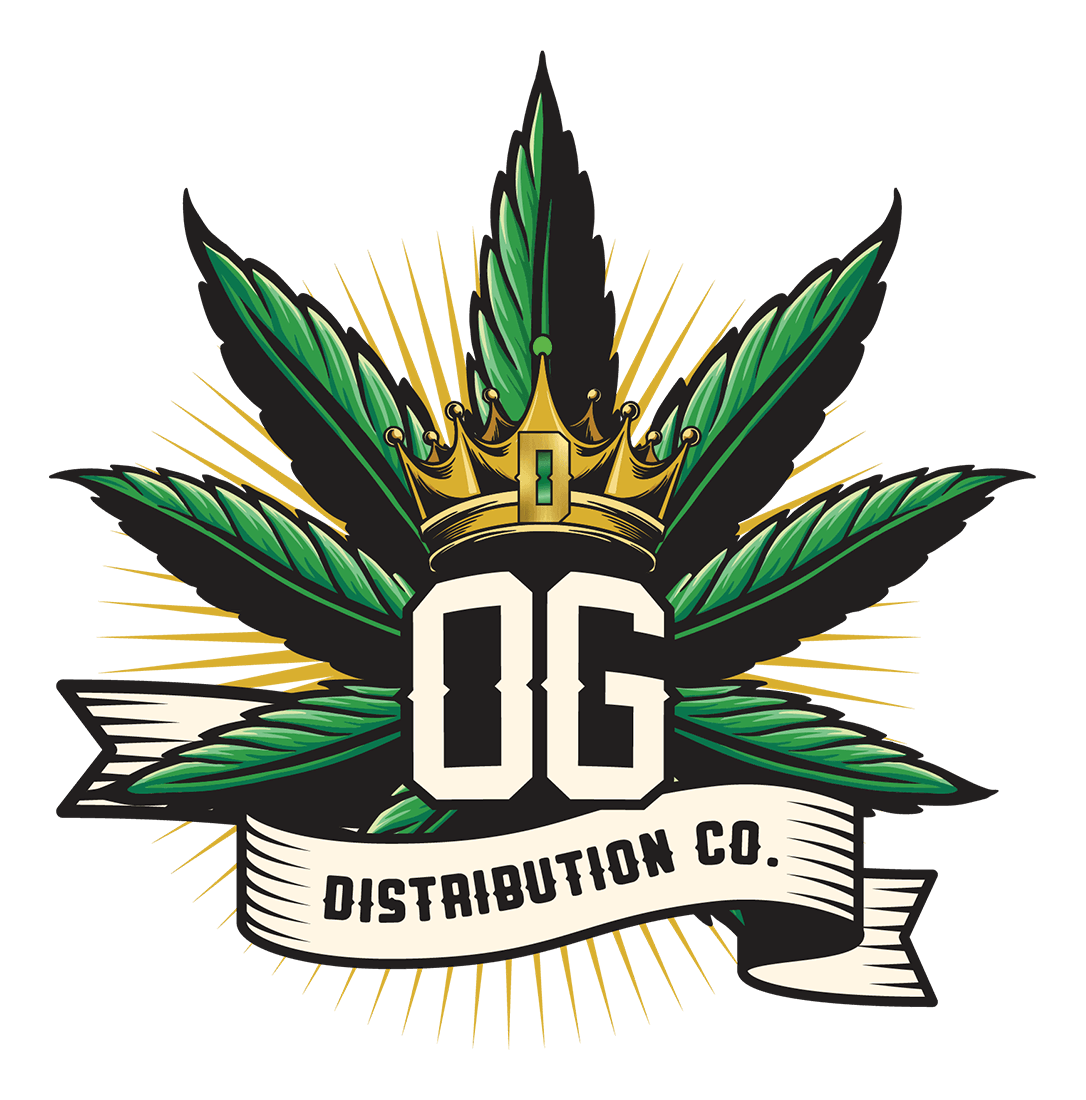Becoming a Licensed Cannabis Distributor in Thailand: Steps and Regulations
Are you thinking about becoming a licensed cannabis distributor in Thailand? If so, there are many things you need to know. Thailand’s journey within the cannabis sector, from strict prohibition to a burgeoning legal industry, has been both transformative and inspiring. As the nation pivots toward embracing the medicinal and economic potential of cannabis, new opportunities arise for enterprising individuals and businesses alike. However, stepping into this burgeoning industry requires a deep understanding of its unique landscape and nuances.
Historically, cannabis played an integral role in Thai society, especially in traditional medicine and culinary practices. Yet, global anti-drug sentiments in the 20th century saw Thailand move towards prohibition. Fast forward to recent years, and the country has once again become a trailblazer in Asia by decriminalizing cannabis for medical purposes and establishing a legal framework for its distribution.
As the market stands, the potential for growth is immense. Thailand not only serves its domestic population but is strategically positioned to cater to a broader Asian market that might, in time, loosen its own cannabis regulations.
For those eager to participate in this promising industry, becoming a licensed distributor represents a significant step. By ensuring legal compliance and adopting best practices, distributors can be at the forefront of a movement that marries tradition with modernity. This guide will delve into the intricacies of this process, providing a roadmap for aspiring licensed cannabis distributor in Thailand.
Understanding the Legal Framework: Key Acts and Provisions
Embarking on the journey to become a licensed cannabis distributor in Thailand necessitates a comprehensive grasp of the country’s legal framework. This understanding ensures that prospective distributors not only remain compliant but also can navigate potential challenges effectively.
The pivotal piece of legislation to be aware of is the Cannabis Act. Enacted as a part of Thailand’s broader move towards cannabis legalization, this act outlines the parameters for legal cultivation, production, distribution, and possession of cannabis products. It specifies the types of cannabis products allowed, the qualifications required for different stakeholders, and the penalties for violations.
Further stipulations are found in the Narcotics Act. While traditionally this act was stringent regarding cannabis, recent amendments have been made to accommodate the shifting stance on the plant, especially concerning medical and research applications.
Additionally, the Thai Food and Drug Administration (FDA) plays an instrumental role in the oversight and regulation of the industry. The FDA issues licenses, monitors compliance, and sets quality and safety standards for cannabis products.
For those serious about entering the distribution segment to become a licensed cannabis distributor in Thailand, familiarizing oneself with these legal provisions is non-negotiable. Staying updated with any amendments or revisions to these laws will also be paramount, given the dynamic nature of the cannabis industry and its regulation in Thailand.
Eligibility Criteria: Who Can Become a Licensed Cannabis Distributor in Thailand?
Breaking into the cannabis distribution industry in Thailand is an intricate process, requiring adherence to specific eligibility criteria set forth by the regulatory authorities. Prospective distributors must meet these benchmarks to ensure the integrity and safety of the industry. Here’s a rundown of the key criteria one must satisfy to become a licensed cannabis distributor in Thailand:
1. Entity Type:
While the industry is opening up, preference is currently given to government entities and specific Thai enterprises, particularly those involved in medical and research fields. However, this landscape is evolving, and private entities might see broader opportunities in the future.
2. Criminal Background Checks:
An essential requirement for all stakeholders is the absence of any criminal record, especially related to narcotics or illicit substances. Authorities conduct thorough checks to ensure the ethical standing of potential distributors.
3. Financial Stability:
Prospective distributors should demonstrate financial stability and capability. This requirement ensures that distributors can maintain operations, even amidst potential market fluctuations.
4. Infrastructure and Storage:
To qualify, distributors must have appropriate storage facilities that adhere to the safety and quality standards set by the Thai FDA. These facilities should ensure product integrity, secure storage, and proper handling.
5. Training and Expertise:
The primary personnel involved in the distribution process should have undergone relevant training in cannabis handling, storage, and distribution. Moreover, they should possess knowledge of the regulatory landscape and compliance requirements.
By fulfilling these criteria, aspirants lay a solid foundation for their distributorship ambitions. Equally vital is an ongoing commitment to meet these standards, ensuring long-term success and compliance when becoming a licensed cannabis distributor in Thailand.
The Licensing Process: A Step-by-Step Guide
Venturing into the cannabis distribution realm in Thailand is a meticulous process that hinges on obtaining the right licenses. This licensing journey ensures that all distributors align with the country’s safety, quality, and ethical standards. Let’s navigate this licensed cannabis distributor in Thailand journey step-by-step:
1. Preliminary Research and Preparation:
Before initiating the application process, thoroughly research all the requirements, including documentation, fees, and training certifications. Prepare a comprehensive business plan that details your distribution strategy, infrastructure, and financial projections.
2. Application Submission:
Initiate your licensing journey by submitting an application to the Thai Food and Drug Administration (FDA). This application should include all the necessary documentation, from background checks to proof of infrastructure and financial stability.
3. Facility Inspection:
Upon receiving your application, the FDA will schedule an inspection of your storage and distribution facilities. This evaluation ensures that your operations adhere to the prescribed safety and quality norms.
4. Training and Certification:
If not already completed, undergo the necessary training programs that offer insights into cannabis product handling, regulatory compliance, and industry best practices.
5. License Issuance:
Once the FDA is satisfied with your compliance level, and you meet all requirements, they will grant you the cannabis distribution license.
6. Regular Renewals:
Bear in mind that this license is not perpetual. Regular renewals, typically annually, are required, accompanied by updated documentation and potential re-inspections.
7. Stay Informed:
Post-licensing, remain proactive in monitoring any changes in the regulatory landscape. Attending industry seminars, workshops, and engaging with industry associations can provide timely updates.
By meticulously following this process and maintaining a commitment to excellence, aspiring distributors can seamlessly integrate themselves into Thailand’s burgeoning cannabis industry, ensuring their operations are both lucrative and compliant when becoming a licensed cannabis distributor in Thailand.
Maintaining Compliance: Ongoing Requirements and Audits
Acquiring a license is just the beginning of the journey in the cannabis distribution sector in Thailand. Maintaining compliance is an ongoing responsibility, crucial for ensuring the longevity and reputation of your operations. Here’s what you need to know about the continuous demands and audit processes when becoming a licensed cannabis distributor in Thailand:
1. Regular Reporting:
Licensed distributors are required to submit periodic reports to the Thai FDA. These reports typically detail inventory levels, sales figures, source verifications, and any other data deemed significant by the regulatory body.
2. Random Inspections:
The FDA retains the right to conduct unannounced inspections of your facilities. These checks aim to ascertain that distributors consistently uphold the safety and quality standards.
3. Updated Training:
The cannabis industry, being dynamic, witnesses frequent advancements in best practices and technologies. Distributors should ensure that their staff undergoes continuous training to remain abreast of these changes.
4. License Renewal:
Keep track of your license expiration and initiate renewal processes well in advance. Renewals might involve re-inspections and updated documentation submission.
5. Stay Informed:
Regulations and legal provisions can evolve. It’s imperative to be proactive in monitoring any changes in the regulatory landscape, adjusting your operations as needed.
6. Ethical Operations:
Beyond mere compliance, operate with integrity. Ethical operations not only ensure regulatory alignment but also foster trust among consumers and peers.
In summary, while the initial licensing process is intricate, maintaining compliance is an ongoing endeavor. By emphasizing transparency, dedication to quality, and adaptability, distributors can ensure that their operations remain both ethical and successful in the long run when becoming a licensed cannabis distributor in Thailand.

Overcoming Challenges: Tips for Aspiring Distributors
Every nascent industry comes with its set of challenges, and Thailand’s cannabis distribution sector is no exception. Aspiring distributors often encounter hurdles ranging from regulatory intricacies to market dynamics. Here are some insights and tips to navigate these challenges effectively:
1. Regulatory Familiarity:
The legal landscape for cannabis in Thailand is complex and evolving. Regularly engage with legal professionals specializing in cannabis regulations to stay updated and avoid inadvertent non-compliance.
2. Building Relationships:
Forge strong connections with cultivators, processors, and retailers. A robust network can streamline supply chains, ensuring timely product availability and minimizing potential disruptions.
3. Market Research:
Given the diversity in cannabis strains and products, understanding market demand is crucial. Regularly survey the market to identify trends, consumer preferences, and emerging niches.
4. Financial Planning:
While the industry is promising, it’s also capital-intensive. Ensure that you have a robust financial plan and buffer for unforeseen expenses. Regularly revisit and adjust this plan as the market evolves.
5. Public Perception:
Despite legalization, certain segments of society might still harbor reservations about cannabis. Engage in public awareness campaigns and educational initiatives to foster a more informed and positive public perception.
6. Embrace Technology:
Leverage modern technologies for inventory management, sales tracking, and customer engagement. Digital tools can significantly enhance efficiency and customer experience.
In essence, while challenges are inherent to the licensed cannabis distributor in Thailand domain, they aren’t insurmountable. With a proactive approach, continuous learning, and adaptability, distributors can not only overcome these hurdles but also thrive in this exciting and dynamic industry.
The Future of Cannabis Distribution in Thailand: Market Trends and Predictions
As we gaze ahead into the horizon of the cannabis industry in Thailand, it’s apparent that we stand at the precipice of significant growth and evolution. The confluence of history, changing global sentiments, and economic potential positions Thailand as a potential powerhouse in the Asian cannabis market. Here’s a glimpse into what the future might hold for a licensed cannabis distributor in Thailand:
1. Expanding Legal Framework:
While the current regulations have set the foundation for a structured cannabis market, we can anticipate further legislative adjustments that might make the industry more accessible and comprehensive. This could include provisions for broader private sector participation and perhaps even recreational use.
2. Technological Integration:
From blockchain-based supply chain management to AI-driven consumer analytics, technology will play a pivotal role in shaping the cannabis distribution sector, enhancing both efficiency and transparency.
3. International Collaborations:
As other nations in Asia observe Thailand’s progress, there could be potential for international partnerships, research collaborations, and trade agreements, solidifying Thailand’s position as a regional leader.
4. Diverse Product Offerings:
The market will likely see an expansion in product variety, from edibles to therapeutic concoctions, catering to an ever-evolving consumer base.
5. Sustainability Focus:
With global emphasis on sustainable practices, Thai cannabis distributors will need to adopt eco-friendly cultivation, processing, and distribution methods.
In summary, the trajectory for a licensed cannabis distributor in Thailand is filled with promise, driven by both domestic dynamics and global trends. For those poised to adapt, innovate, and lead, the future represents a tapestry of unparalleled opportunities and success stories.


